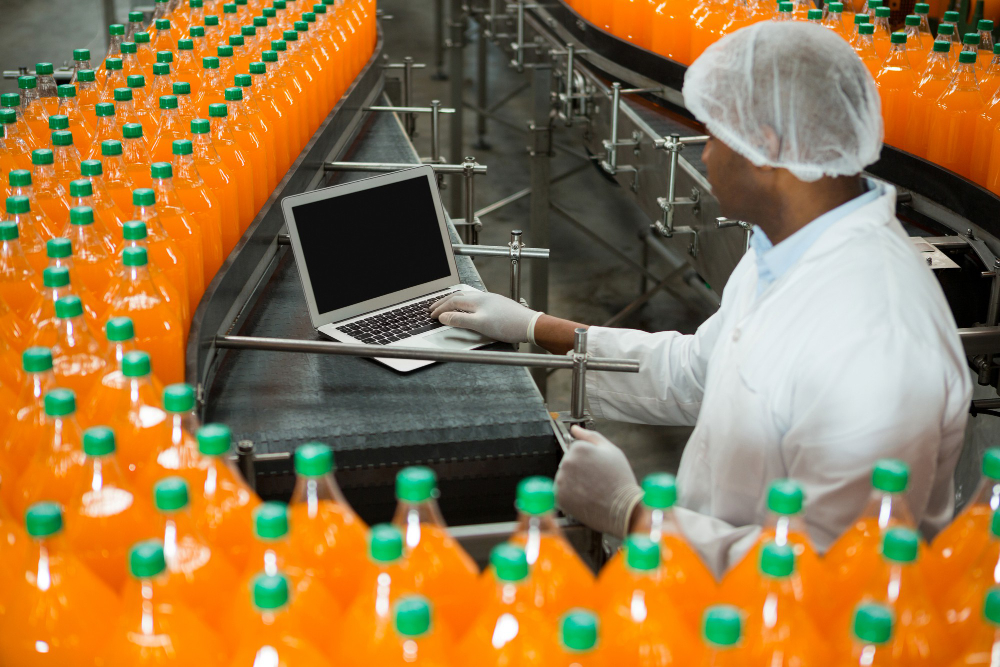
Barcode and RFID (Radio Frequency Identification) technologies are extensively utilized in the Fast-Moving Consumer Goods (FMCG) industry to enhance supply chain operations, improve inventory management, ensure product authenticity, and streamline the overall efficiency of FMCG companies. Here are some common applications of barcode and RFID technology in the FMCG industry
Product Tracking and Traceability
Barcode labels are affixed to FMCG products, enabling easy identification and tracking throughout the supply chain. These barcodes are scanned at various stages, such as production, warehousing, and distribution, allowing companies to monitor product movement, trace the origin of goods, and ensure accurate inventory management.
Inventory Management and Stock Control
Barcodes and RFID tags are used to manage FMCG inventory effectively. By scanning barcodes or reading RFID tags, companies can quickly update inventory levels, track stock movement, and optimize replenishment processes. Real-time data capture through RFID technology enables accurate and efficient inventory management, reducing stockouts and overstocking.
Supply Chain Efficiency
Barcode and RFID technologies streamline supply chain processes in the FMCG industry. They enable automatic identification and data capture, reducing manual data entry errors and increasing operational efficiency. Companies can automate processes such as receiving goods, picking and packing orders, and loading and unloading shipments, resulting in faster turnaround times and improved overall supply chain performance.
Anti-Counterfeiting and Product Authentication
Barcodes and RFID tags play a crucial role in combating counterfeiting and ensuring product authenticity in the FMCG industry. Companies use unique identifiers encoded in barcodes or RFID tags to authenticate products and track their journey from production to the end consumer. This helps in reducing the risk of counterfeit goods, protecting brand reputation, and ensuring consumer safety.
Batch and Expiry Date Management
Barcodes and RFID technology facilitate accurate management of batch numbers and expiry dates for FMCG products. By encoding this information into barcodes or RFID tags, companies can track and manage product shelf life, prevent expired products from reaching the market, and minimize waste due to product expiration.
Recall Management
In the event of a product recall, barcode and RFID technologies aid in efficiently identifying affected products. By scanning barcodes or RFID tags, companies can quickly locate and remove specific batches or items from the supply chain, reducing the impact of product recalls on consumer safety and brand reputation.
Point of Sale (POS) Transactions
Barcodes are widely used at the point of sale in the FMCG industry. By scanning barcodes, retailers can quickly and accurately register products, retrieve pricing information, and generate sales transactions. This speeds up the checkout process and enhances customer experience.
Major FMCG companies, such as Procter & Gamble, Nestlé, and Unilever, leverage barcode and RFID technologies extensively to optimize their supply chains, improve inventory management, ensure product authenticity, and streamline various operations. These technologies help enhance efficiency, accuracy, and traceability, ultimately benefiting both the FMCG companies and the end consumers.